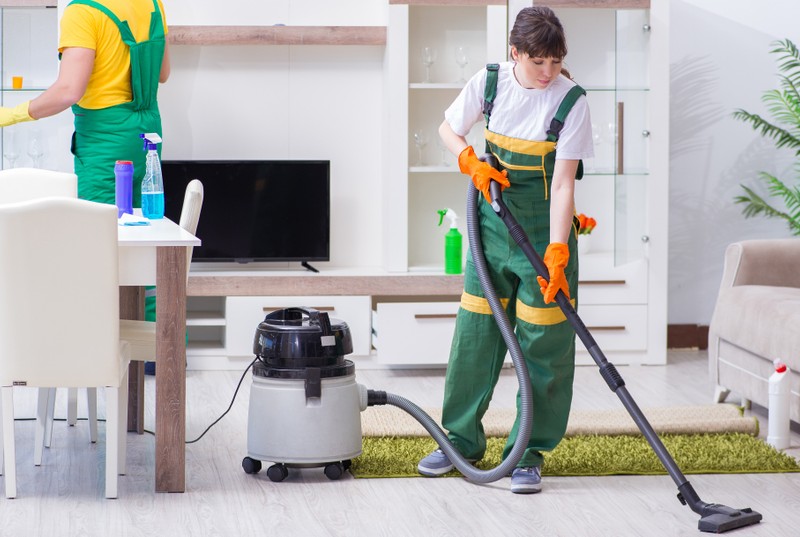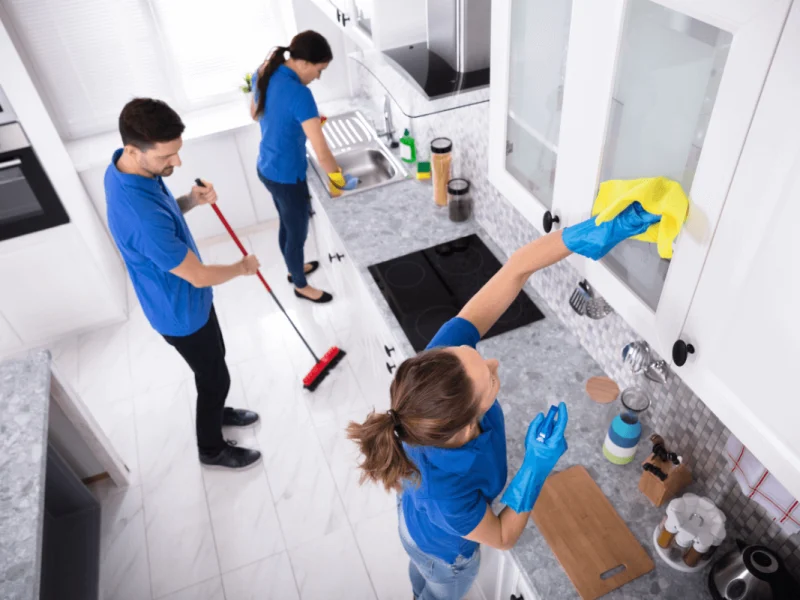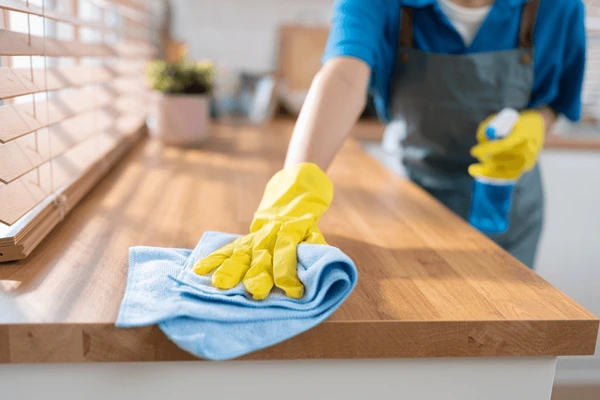Our professional guide to common cleaning myths and receiving thorough cleansing and protection. In this extensive blog, we will reveal some popular myths about domestic cleaning that surround a sufficient approach and give you data-based answers.
Misconceptions, as for how bleach kills every germ and vinegar is a universal cleaner, are a very wide sphere. It will be explored here, and we will give alternatives for safer and more effective bond cleaning in Sunshine Coast methods. Consent to carry on with us as we unravel the mystery behind the myths and together gain knowledge that will guide you to perform better thorough cleaning and ensure that your house and entire family are in a better position to stay healthy.
The end result that comes from bleaching is always going to be the ultimate cleaner
Reality: Indeed, bleach happens to be a really strong disinfectant, yet it is sadly not appropriate for all surfaces and circumstances. Applying bleach to porous objects, such as wood or marble, can be destructive. Furthermore, mixing bleach with other agents responsible for cleaning, excluding those containing ammonia, can lead to the production of poisonous fumes.
Recommendation: Use bleach in semi-excess and read the instructions on the label accordingly. Having everyday cleaning solutions with less toxic ingredients, such as hydrogen peroxide or vinegar-based options, is advisable.
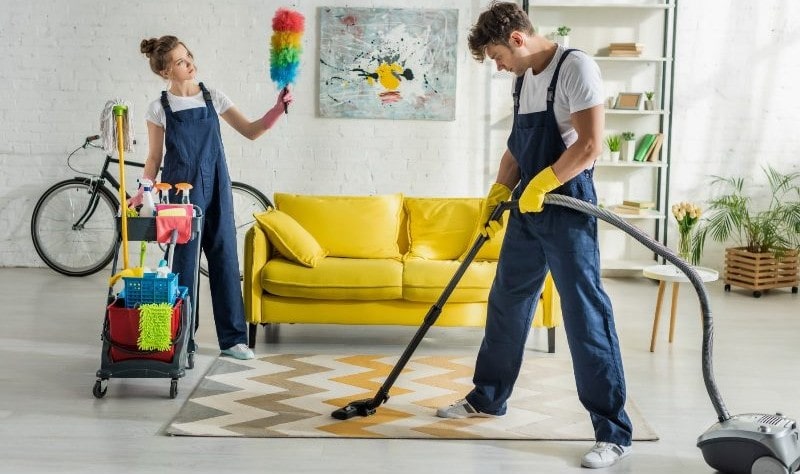
Users, especially women, were stoked about the new detergent, believing that the more they used, the more clean their clothes would be.
Reality: Excess detergent does not overclean your clothes; rather, many problems like hazy-looking blue jeans, color degradation of your clothes, and an unnatural color of your clothes are produced due to excess detergent. In fact, it might rest on textiles, getting rid of skin problems and SDs. Over and above this, using too much detergent in high-end washing machines may produce excess foaming, which leads to unit defects.
Recommendation: Check the detergent dosage recommendation as it is provided on the manufacturer's label. But you must not forget to use laundry balls or pods for measuring detergent instead of measuring it yourself. For more difficult-soiled shirts, try pre-soaking or using a stain remover instead of adding more detergent in order to avoid damage.
Vinegar would be the perfect natural solvent for all housekeeping cleaning
Reality: Vinegar acidic characteristic gives the pickling liquid a good prerequisite for handling some stains and odors, but not all surfaces. Using vinegar as a restorative natural stone, grout, or hardwood floor cleaner can result in etching or even scratching. Secondly, the vinegar must not be combined with chloride because that causes the formation of chlorine gas.
Recommendation: Similarly, use vinegar for non-porous surfaces such as glass, countertops, and grouts. Apart from that, vinegar shouldn & make it difficult to clean hardwood floors. Disperse it by diluting it with water for you to get milder solutions, and anytime before using it on the entire surface, please test first in inconspicuous regions.
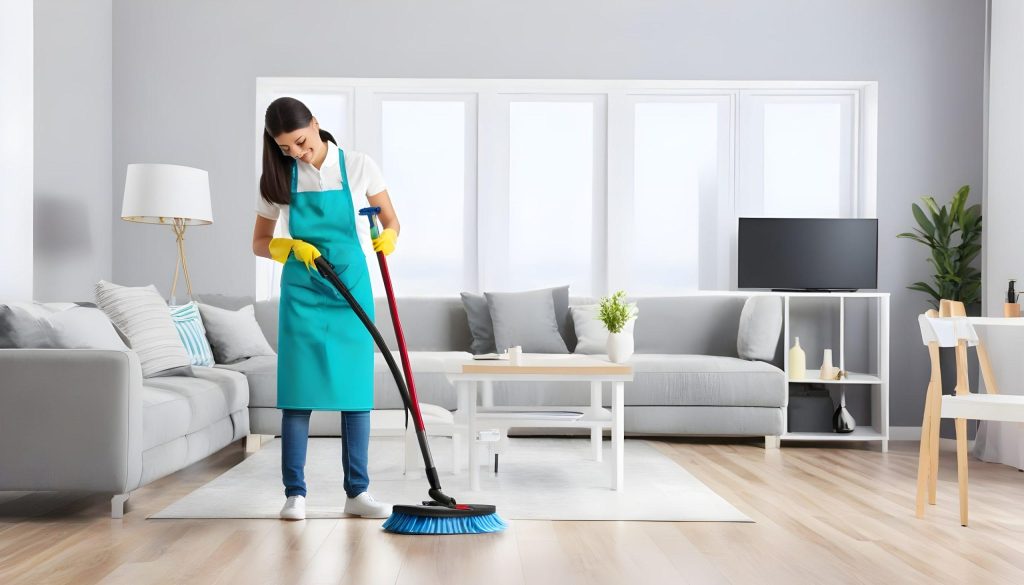
The oldest but best sandwich material for window cleaning is the old newspaper
Reality: The cancelled compact disc is just as well-known as a newspaper has become today, so instead of its use, it would be a bit old-fashioned. The green newsprint that accidentally gets onto surfaces will lead to marks and stains. Not just that, easily-bendable present-day microfiber fabrics are a better choice for dirty and grime residues on a car compared to usual cloths.
Recommendation: Use microfiber cloths or squeegees to remove the stubborn streaks off windows. Alternatively, use a branded glass cleaner combined with a lint-free cloth for really good results. Traditional cleaning agents can damage or scratch glass items. Therefore, sensitive items should only be washed by hand.
Lemon juice is a Mighty Cleaner that can remove anything
Reality: Lemon juice has a variety of acidic properties to resist certain stains and odors, but they don’t all have the same cleaning power. The juice of a lemon may lead to the corrosion of metal surfaces. This product is also acidic, so it will react with natural stone or enamel.
Recommendation: Lemon is to be preferred for non porous surfaces like the ones that are glass and top counter. Add water to it and create a milder form of cleaning agent for gentle cleaning, and remember to wash surfaces afterwards thoroughly so as to avoid damage.
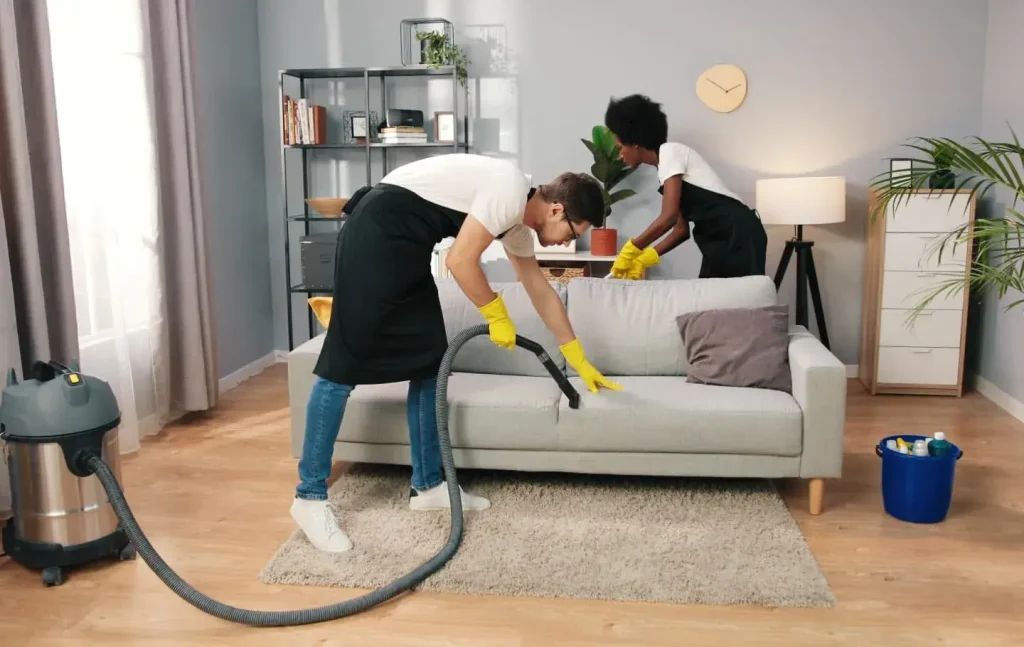
One issue of great importance is that cleaning products must emanate a strong odor in order to be efficient
Reality: While the intensity of a cleaning product & fragrance does’nt have a direct impact on its efficiency, a great fragrance can enhance what it is that the product is claiming to do. While commercial natural oils may be used, such as to camouflage the odor, they may contain toxic chemicals to irritate the nasal epithelium or cause allergies. What is more, overwhelming scents are not only harmful to people themselves, but they can stay for a while and cause other people discomfort.
Recommendation: Pick up cleaning supplies that do not have a strong smell or even dont have any at all, should you have a condition that makes you even more sensitive to the smell.
Make sure such products are eco-friendly and hypoallergenic; furthermore, do not sacrifice the product‘s power for possible guarantees of safety.
Boil water; kill all microbes
Reality: Hot water as a method is not the ultimate choice to kill all bacteria. Not all bacteria and viruses are killed by temperature since some are resistant to heat, mainly when the temperature does’nt get to its boiling point. Also, hot water will lose shape and get on all the clothes and surfaces.
Recommendation: Always make use of the right temperatures while bond cleaning Gold Coast by following the recommended water temperatures for different tasks. On regulator disinfection, you can go for the EPA-approved disinfectants or use hot water with washing soap.

